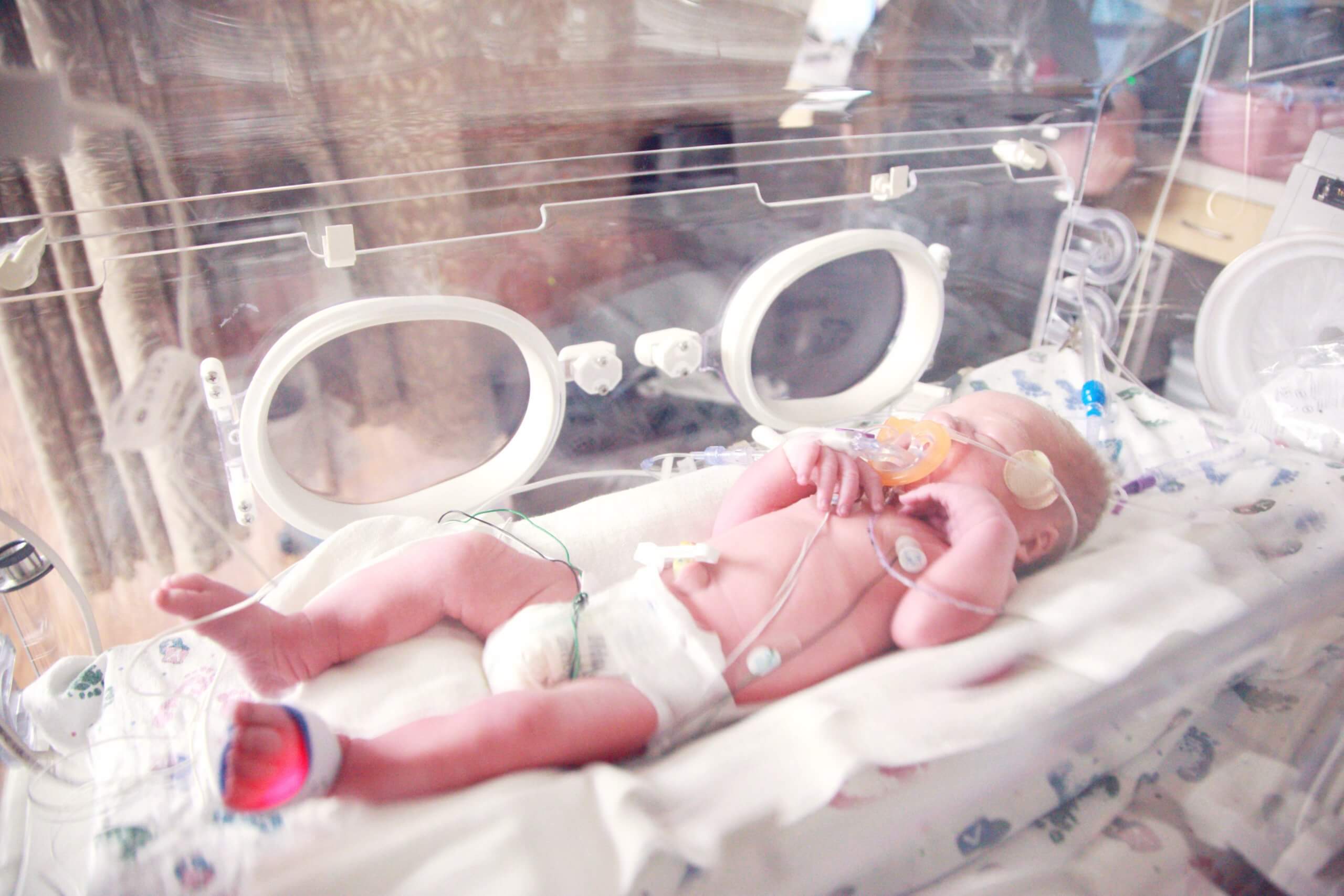Breast milk vs. formula feedings have been, are, and, I think, will continue to be one of the most vigorously debated topics in children’s health. The debates, often, are presented as though black and white. I don’t know many issues, though, with more shades of gray. Breast milk vs. formula is not just about the chemical makeup of the food. Feeding an infant is a learned skill that develops over time. It involves physical, mental, social, emotional, spiritual, and relational wellbeing. The choice a caregiver makes about feedings should not be judged nor shamed. The following article presents the research as stated by the scientist-authors. Gut News encourages its readers to be independent thinkers who interpret and use the information presented as they see fit.
New research from the University of Maryland School of Medicine’s (UMSOM) Institute for Genome Sciences (IGS), reports that breast milk-fed “preemies” are healthier, on average, than formula fed “preemies.” The researchers say that it is not just the content of breast milk that accounts for the difference in wellbeing; it is also the way the food is digested.
A team led by Bing Ma, PhD, Assistant Professor of Microbiology and Immunology at UMSOM and a researcher at IGS, discovered a strain of bacteria – Bifidobacterium breve – in the gut of breastfed babies who received higher volumes of breast milk than their cohorts. The scientists attribute the difference in wellbeing to better nutrient absorption by an intact intestinal wall present one week after birth. B. breve was less prevalent in both formula-fed babies and breastfed babies with “leaky gut.”
Babies with leaky gut do not develop an intact intestinal barrier to protect against bacteria and digested food from entering the bloodstream. For the first time, the team also found that the way B. breve contributes to the metabolism of breast milk keeps breastfed babies healthier and allows them to gain adequate weight by strengthening their underdeveloped intestinal barrier.
An immature or “leaky” gut can lead to necrotizing enterocolitis (NEC), in which the intestines become infected and start to die. It is the third leading cause of newborn death in the United States and worldwide. The disease affects up to 10 percent of premature infants, with a devastating mortality rate as high as 50 percent.
“Our discovery could lead to promising and practical clinical interventions to strengthen the babies’ gut and, therefore, increase survival rates of the most vulnerable preemies,” Dr. Ma says in a statement.
Bifidobacterium in the gut or microbiome has long been known to have health benefits. It includes a diverse set of strains that have very different properties. Some strains are only found in adults; some strains are mostly in adolescents. One strain, Bifidobacterium infantis, has been seen predominantly in full-term infants.
The researchers followed 113 premature babies who were born between 24- and 32-weeks gestation. This study found B. breve only in preemies who had improved gut barrier function within one week after birth. Dr. Ma and her colleagues discovered that B. breve is genetically equipped to digest nutrients within the cell membrane, rather than the more typical external digestion process in which bacteria secrete digestive enzymes onto nutrients to break those nutrients down.
The gut microbiome in these breastfed preemies with more B. breve metabolizes breast milk carbohydrates differently than formula carbohydrates. Researchers hypothesize that this process of breast milk metabolism strengthens and matures the intestinal barrier faster, protecting fragile newborns from disease.
“We now know that it is not the breast milk alone that helps preemies develop their intestinal barrier faster,” Dr. Ma said. “We will need to find the best way to prophylactically administer B. breve early in life, rather than rely on transmission from breast milk or even the mother’s gut or vaginal microbiota during the birthing process. This is especially critical in formula-fed preemies.”
Dr. Ma says that more studies are needed to determine if the B. breve originated in the breast milk, the infant gut, the maternal vagina, or other sources in the environment.
The research is published in the journal mBio.
